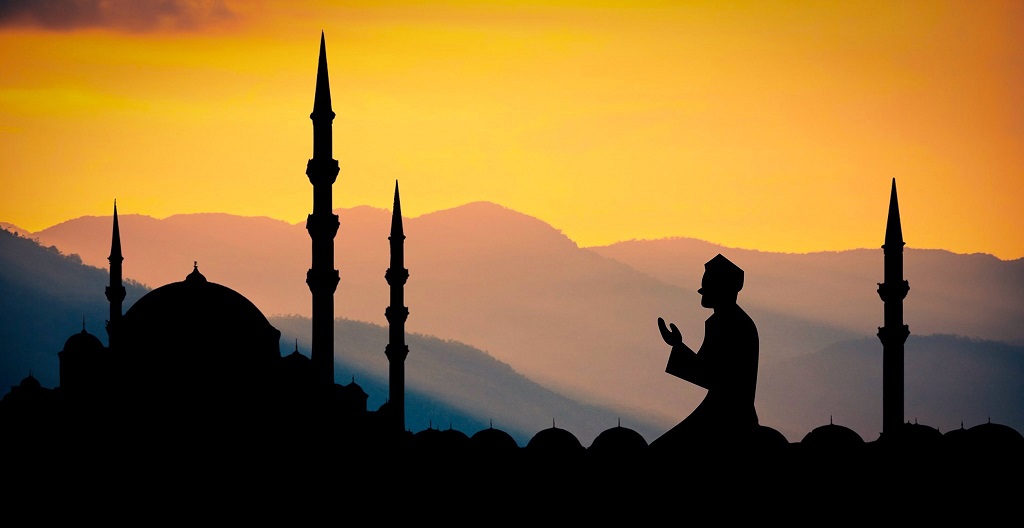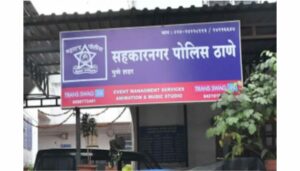Maharashtra Government Issues Ramzan Guidelines To Prevent Gathering In Mosques For Namaz

Mubarak Ansari
Pune, 13th April 2021: Appealing the citizens of Maharashtra to follow Covid-19 appropriate behaviour, Maharashtra State Government has issued Ramzan guidelines following the holy month of Ramzan which will be observed from April 14 to May 13 this year.
Some sections of the community have started the month-long fasting from today itself.
Is it Ramzan or Ramadan?
Ramzan, also spelt as Ramadan, is the ninth month of the Islamic calendar, observed by Muslims worldwide as a month of fasting, prayer, reflection and community.
A commemoration of Prophet Muhammad’s first revelation, the annual observance of Ramzan is regarded as one of the Five Pillars of Islam and lasts 29 to 30 days, from one sighting of the crescent moon to the next. Eid-al-Fitr marks the end of Ramzan.
How is the month observed worldwide?
Fasting from sunrise to sunset is fard (obligatory) for all adult Muslims who are not acutely or chronically ill, travelling, elderly, breastfeeding, diabetic, or menstruating. The pre-dawn meal is referred to as suhur or sehri, and the nightly feast that breaks the fast is called iftar.
The spiritual rewards of fasting are believed to be multiplied during Ramadan. Accordingly, Muslims refrain not only from food and drink, but also tobacco products, sexual relations, and sinful behavior, devoting themselves instead to salat (prayer) and recitation of the Quran.
During this holy month, it is customary for a large number of Muslims to go to the mosque and pray in a group. During this period, Muslims come together for Namaz, Taraweeh and Iftar.
In view of the increasing prevalence of corona in the state, the state government has issued the following guidelines to the Muslims:
1. To prevent the spread of Coronavirus, during the holy month of Ramzan, Muslims should perform regular Namaz, Taraweeh and Iftar in their homes without gathering in a mosque or a public place.
2. The holy month should be celebrated in a very simple manner by strictly following all the rules of social distance and hygiene (masks, sanitizers, etc.) in public places without gathering more than 5 persons at a time.
3. During this holy month, Muslims fast for 30 days in the morning and break their fast in the evening before Maghrib prayers. Many fruits and other food vendors are expected to throng during this ‘Sehri’ and ‘Iftar’. The local administration must take appropriate measures in this regard.
4. On the last Friday of the holy month of Ramzan, a large number of Muslims come to the mosque ‘Alvida Jumma’. But this time, seeing the increasing prevalence of Covid-19, no one should gather in the mosque and pray at home.
5. Shab-e-Qadr is a holy night observed on the 26th day of the month of Ramzan. On this occasion, after the Taraweeh prayers at night, the Muslims perform Quran recitation and ‘Nafil’ prayers in the mosques. But this year, all Muslims should perform these religious obligations in their own homes.
6. People should not rush to the bazaar to buy goods or gather together. Also, if the local administration has set a time limit for the purchase of goods, it should be strictly followed.
7. Due to the closure of religious places, programs should be organized online in a closed space following the norms issued by the government.
8. As section 144 is imposed in the day time and curfew at night, vendors should not set up stalls and citizens should not gather in groups.
9. No processions including religious, social, cultural or political events should be organized during this holy month of Ramadan.
10. It is necessary to strictly follow the rules of social distance. It is also important to be careful about using masks and sanitizers.
11. To prevent the outbreak of Covid-19, it will be mandatory to comply with the rules prescribed by the state government as well as the concerned Municipal Corporation, Police, Local Administration.





